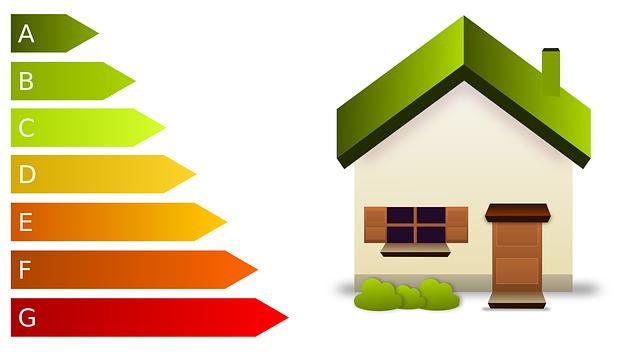- Introduction
- Ways to Reduce Plastic Waste
- Sustainable Transportation
- Energy Efficiency at Home
- Supporting Local Businesses
- Conclusion
- FAQs
Introduction
Living an earth-friendly lifestyle is crucial in today's world to combat climate change and environmental degradation. From reducing plastic waste to supporting local businesses, there are various ways individuals can contribute to a more sustainable planet. In this article, we will explore some practical tips for embracing earth-friendly practices in our daily lives.
Ways to Reduce Plastic Waste

(Image: Pixabay/@TeiFri)
One of the most pressing environmental issues of our time is the excessive use of single-use plastics. To reduce plastic waste, consider using reusable bottles, bags, and containers instead of their disposable counterparts. Opt for products with minimal or biodegradable packaging to minimize your carbon footprint.
Additionally, participate in local clean-up events, recycle whenever possible, and support initiatives that promote plastic-free alternatives. By making small changes in your daily routines, you can significantly reduce your contribution to the global plastic pollution crisis.
Sustainable Transportation

(Image: Pixabay/@ybernardi)
Choosing sustainable transportation options such as biking, walking, carpooling, or using public transit can help reduce greenhouse gas emissions and alleviate traffic congestion. Consider investing in an electric vehicle or exploring alternative modes of transportation to lessen your reliance on fossil fuels.
By embracing eco-friendly transportation practices, you not only reduce your carbon footprint but also promote cleaner air quality and healthier communities. Small changes in how you commute can have a significant impact on the environment and future generations.
Energy Efficiency at Home

(Image: Pixabay/@OpenClipart-Vectors)
Improving energy efficiency at home is another critical step towards living in an environmentally friendly manner. Simple actions like using energy-efficient appliances, installing LED lights, and properly insulating your home can lead to substantial energy savings and lower utility bills.
Consider investing in renewable energy sources like solar panels or wind turbines to further reduce your dependence on non-renewable resources. By embracing energy-efficient practices, you not only contribute to environmental conservation but also create a more sustainable living space for yourself and your family.
Supporting Local Businesses

(Image: Pixabay/@mr_sweetis)
Choosing to support local businesses over large corporations can have a positive impact on the environment and the community. Local shops often source products locally, reducing transportation emissions and supporting the regional economy.
By shopping at farmers' markets, locally owned stores, and restaurants that prioritize sustainability, you can help foster a more resilient and eco-conscious business ecosystem. Building strong relationships with local businesses not only benefits the environment but also promotes social responsibility within your community.
Conclusion
Embracing earth-friendly practices is essential for creating a sustainable future for generations to come. By implementing simple yet effective strategies like reducing plastic waste, opting for sustainable transportation, improving energy efficiency at home, and supporting local businesses, individuals can make a tangible difference in protecting the planet.
FAQs
How can I reduce plastic waste in my daily life?
To reduce plastic waste, focus on using reusable items like water bottles, bags, and containers, supporting plastic-free initiatives, and participating in recycling programs.
What are some eco-friendly transportation options to consider?
Eco-friendly transportation options include biking, walking, carpooling, using public transit, investing in electric vehicles, and exploring alternative modes of travel.
How can supporting local businesses benefit the environment?
Supporting local businesses reduces transportation emissions, fosters a more sustainable economy, and promotes community resilience and social responsibility.

